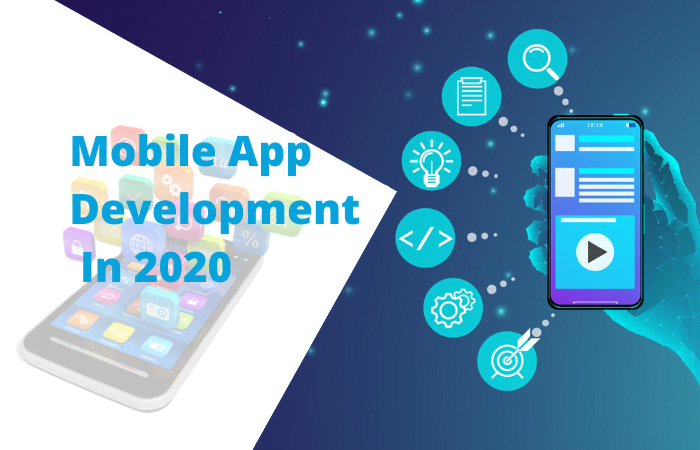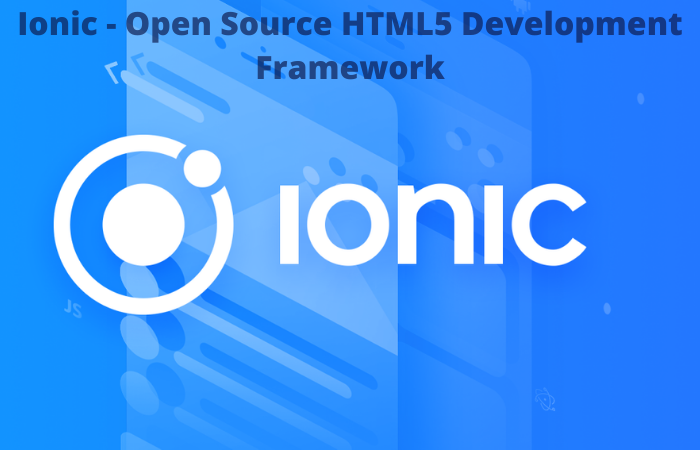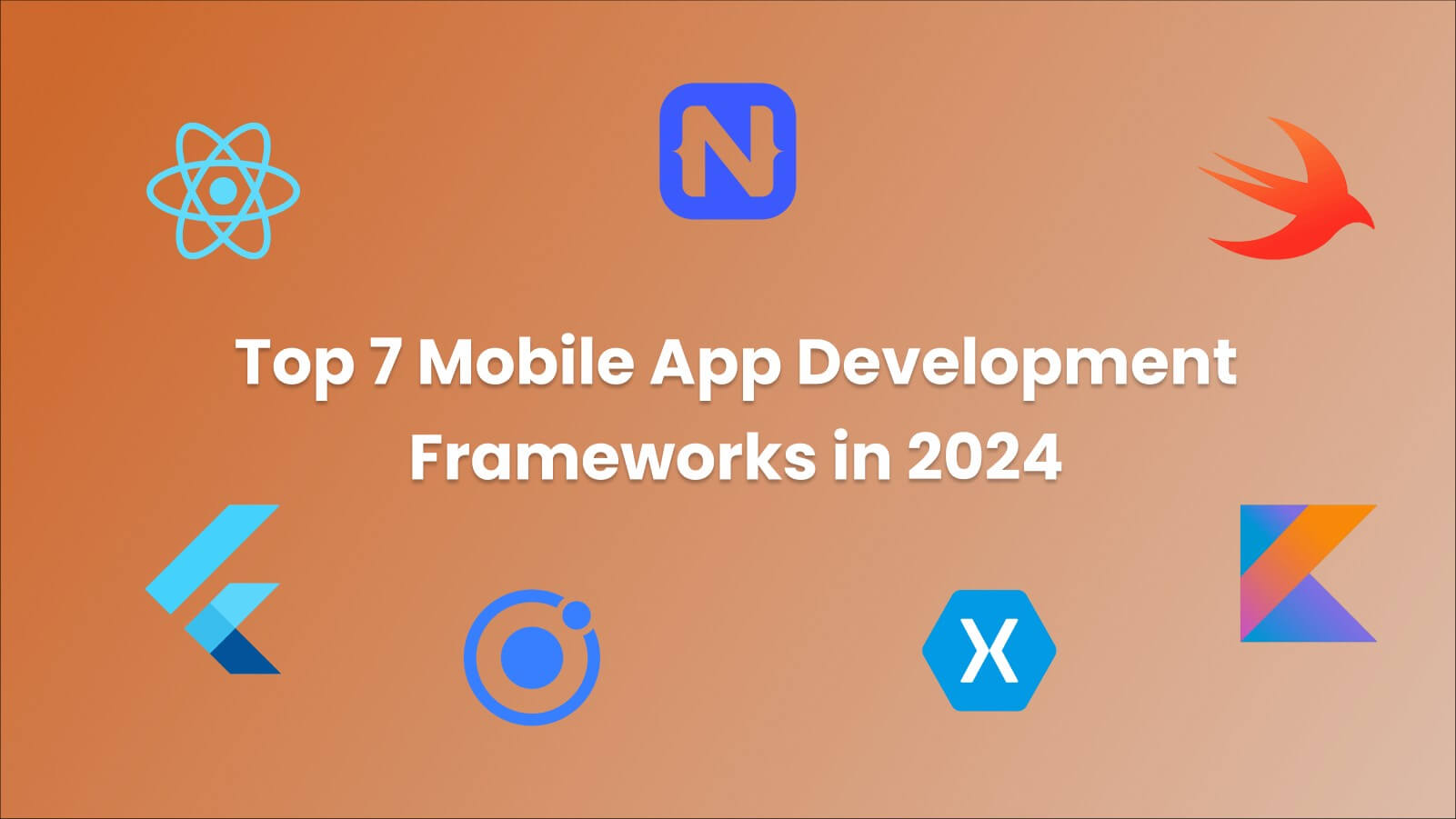
As the year 2019 comes to an end, we see a paradigm shift in the minds of people when it comes to executing smart and breakthrough business strategies. The truth is already out in the open: Most of the organizations today are looking to switch from desktop websites to mobile apps to ensure that they reach the diverse target audience who are now using mobile devices. Most of the time, organizations are switching from desktop websites to mobile apps to keep up with the pace of reaching their global target audience. However, if you think that merely deciding to create a mobile app will reap dividends for your business, then you are in for a huge shock! You will have to rely on the selection of the right mobile technologies, frameworks, and databases to make a hit. As time has gone by, we are seeing more and more Android and iOS apps being developed. Along with this, we have also seen cross-platform and hybrid app development, gaining impetus, which has led to a significant revolution in the software market. Due to this very reason, mobile app development has become the most preferred option of most organizations, irrespective of whether it is big or small. Let’s now look at some of the technologies that you can opt for mobile app development in the forthcoming year. (Source: ionicframework.com) Ionic is one of the most preferred open-source platforms that you will ever see in the market. One of the prime reasons for that is it provides cross-platform mobile app development which makes it a hot favorite amongst developers. Thanks to this framework, it becomes easier for mobile developers to incorporate a set of default UI elements like forms, action sheets, filters, tab bars, list views, and navigation menu in the design. This way, they can focus on developing apps instead of diverting their attention to UI elements. Another name for it is Apache Cordova. The amazing part is, it employs a single code to create different versions of the app. It also supports an inbuilt device feature that consists of a Phonebook, accelerator, Camera, Storage, and much more. Xamarin is one of the best ways to develop an app. Developers can employ C# for Android, iOS, and Universal for Windows apps while utilizing this technology for mobile app development. Since it is backed by Microsoft technology, as a developer, you get ample support from the entire development community. Thanks to its superior native user interface, developers can quickly build a native app and also control the app that ensures the ultimate user experience. React Native has slowly but gradually become one of the most preferred frameworks amongst startups and large corporates. It can be employed to build both Android and iOS apps. Thanks to this technology, mobile developers can build high-performance apps at a quick turnaround time and at a swifter deployment time. It deals with JSX and so developers do not have to learn complicated programming languages to develop Android or iOS apps. The other benefit is that the end result derived is smooth animations. With the help of this technology, developers can build a single code base that works perfectly with Android, iOS, and Nook. There are lots of features present in it, like interactivity and amazing graphics content that can be included in the apps. The other advantage is that this technology scales content automatically across multiple devices. It is easier to incorporate gaming APIs into your apps, which enable its swift monetization. jQuery is a user-friendly JavaScript library that has different plugins that can be a delight for developers. This includes Content Slider, Image Slider, and Pop-Up Boxes, etc. One thing to note is that jQuery is easier when compared to JavaScript libraries. It ensures that developers do not have to waste much of their time by ensuring the creation of fewer codes to develop the same features when compared to other libraries. You also end up making your web pages simpler, interactive, and user-friendly. The amazing part is, it is fully optimized in terms of SEO and readable by all search engines. The fantastic part about this technology is that it employs a single code base to develop mobile apps for iOS, Android, Windows, Amazon, and Nook. Developers love Intel XDK because it consists of a drag-and-drop user interface, which makes it easy to build. It also includes profiling and app debug options, which makes it easier to test different device configurations. (Source: i.morioh.com) Flutter comes from the house of Google. Developers love it because it aids them in faster coding. With the help of this technology, the app development process becomes more convenient as it employs a single code base for Android and iOS. It assists in modifying the old widgets and creating a brand new one without any hassle. This way, it assists in developing responsive mobile apps that attract your mobile target audience in a short period. This particular technology consists of several interactive components, including switches, overlays, and sidebars, which aids in delivering a robust mobile experience to its users. It provides lots of benefits that go a long way in making it one of the smartest choices for modern-day web applications. It is an open-source framework that assists in developing rich internet applications. Due to its cross-platform compatibility, Mobile Angular AI automatically handles JavaScript code that is appropriate for each browser. Here you have it, a complete list of technologies that will be predominantly used for mobile app development in the coming year. If you wish to take advantage of these trending technologies, acquire high-quality mobile app development services from a reputed organization, and see your online business reach the next level of success!Ionic — Open Source HTML5 Development Framework
PhoneGap — A Cross-Platform Mobile App Development Framework
Xamarin — A Blessing in Disguise for Coders Providing a Top-Class Cross-Platform Tool
React Native — The Most Preferred Platform for Android and iOS App Development
Cordona SDK — Ensures Development of Compatible Cross-Platform Apps at a Quick Turnaround Time
jQuery Mobile — A Precise Cross-Browser JavaScript Framework
Intel XDK — Develop Mobile & Tablet Apps Employing HTML5 and JavaScript
Flutter — Your Doorway to Development of Picture-Perfect Mobile Apps
Mobile Angular UI — A Deadly Combo of Angular JS and Bootstrap
Determining the Best from the Rest…










